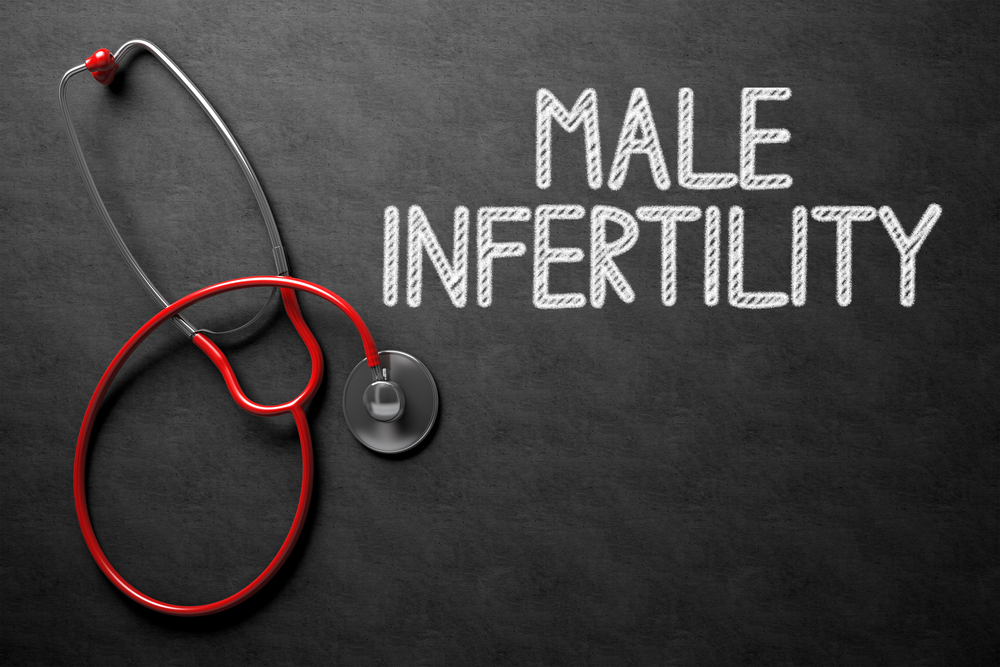What Exactly Does Infertility Mean?
Infertility is medically defined as the inability to conceive after having sex without the use of any contraception for over a year. Most cultures believe that infertility in couples is due to the woman, and hence, there is a lack of awareness about male infertility. Nearly 40% cases of infertility are due to health issues with males. Being diagnosed as infertile does not necessarily mean that one cannot conceive forever, it just means that it may be harder to conceive and may need medical intervention.
What Are The Causes Of infertility In Men?
Male infertility can happen due to many reasons. Here are some common causes:
–Sperm abnormalities: This is the most common cause of infertility. A normal pair of testes produces 20 million sperms per ml, anything less than that is termed as oligospermia. Obstruction/blockage in the pathway of the sperm can reduce the sperm count. Sperms that have poor motility are the second commonest cause of infertility. A minimum of 60% of sperms should possess normal motility and vigor to competitively reach the egg. The third commonest reason is due to abnormalities in the shape of the sperms, making them unfit for fertilization.
–Retrograde ejaculation: Sometimes the urinary bladder muscles fail to function during an orgasm and, instead of pushing the sperms toward the penis end, a suction force pulls them backward. This can be side effects of surgery, aging, or certain medications.
–Structural abnormalities: This includes conditions like cryptorchidism ( a congenital disorder in which testicles fail to descend into the scrotum), hypospadias (birth defect with the urinal opening on the underside of the penis), and blockages in the sperm path.
–Hormonal deficiency: A poor production of reproductive hormones from the pituitary glands results in infertility.
-Other than these, infertility could also be due to genetic disorders like cystic fibrosis, polycystic kidneys.
-The swelling of a varicose vein (varicocele) that connects the spermatic cord to the testicles is also known to affect fertility.
–Venereal diseases, cancers, infections, and lifestyle factors have also been linked to sterility.
How Is It Diagnosed?
It is important to see the doctor when you experience one of the following symptoms:
-Problems in sexual function: low sex drive, erection, and ejaculatory abnormalities.
-Pain, lump, or discomfort in the testicles.
-History of surgery of the groin, scrotum, testes, or penis.
Because most men associate fertility with masculinity and vigor, this diagnosis comes as a shock and hurts the self-esteem of the man. He may go through denial and depression, and hence, may need to visit a counselor.
What Is The Treatment Of Infertility?
The causative factor of infertility determines the course of treatment.
-Medications can treat infections, STDs, restore hormonal balance, and improve sexual performance. Drug therapy helps treat infertility to a large extent.
-Surgery can be effective in treating conditions like varicocele and hypospadias and to remove blocks in the sperm pathway.
-Assisted reproductive techniques are a wide range of interventions that help couples to conceive. These techniques either use the eggs/sperm of the couple or utilize donor eggs or sperms to help produce a baby.
Up to 25% Off on Sexual Wellness products + Extra 10% Off using coupon: HEALTH10
What Are The Lifestyle Changes To Cope With Infertility?
Often the textbook treatments for infertility in men do not help, and that is when lifestyle changes come into the picture.
-Timing is pertinent for best results; sexual activity should be planned around the female’s ovulation days.
-Avoid alcohol, smoking, drugs, sexual lubricants, overheating the body through hot baths and steaming or wearing tight underwear. These can seriously hinder sperm quality.
-Be well rested and exercise regularly, as obesity can also reduce the quality and quantity of sperms.
-Reduce stress levels in life and eat a diet rich in whole grains, fresh fruits, and vegetables. Include antioxidants, vitamins C and E in your diet to boost virility.
